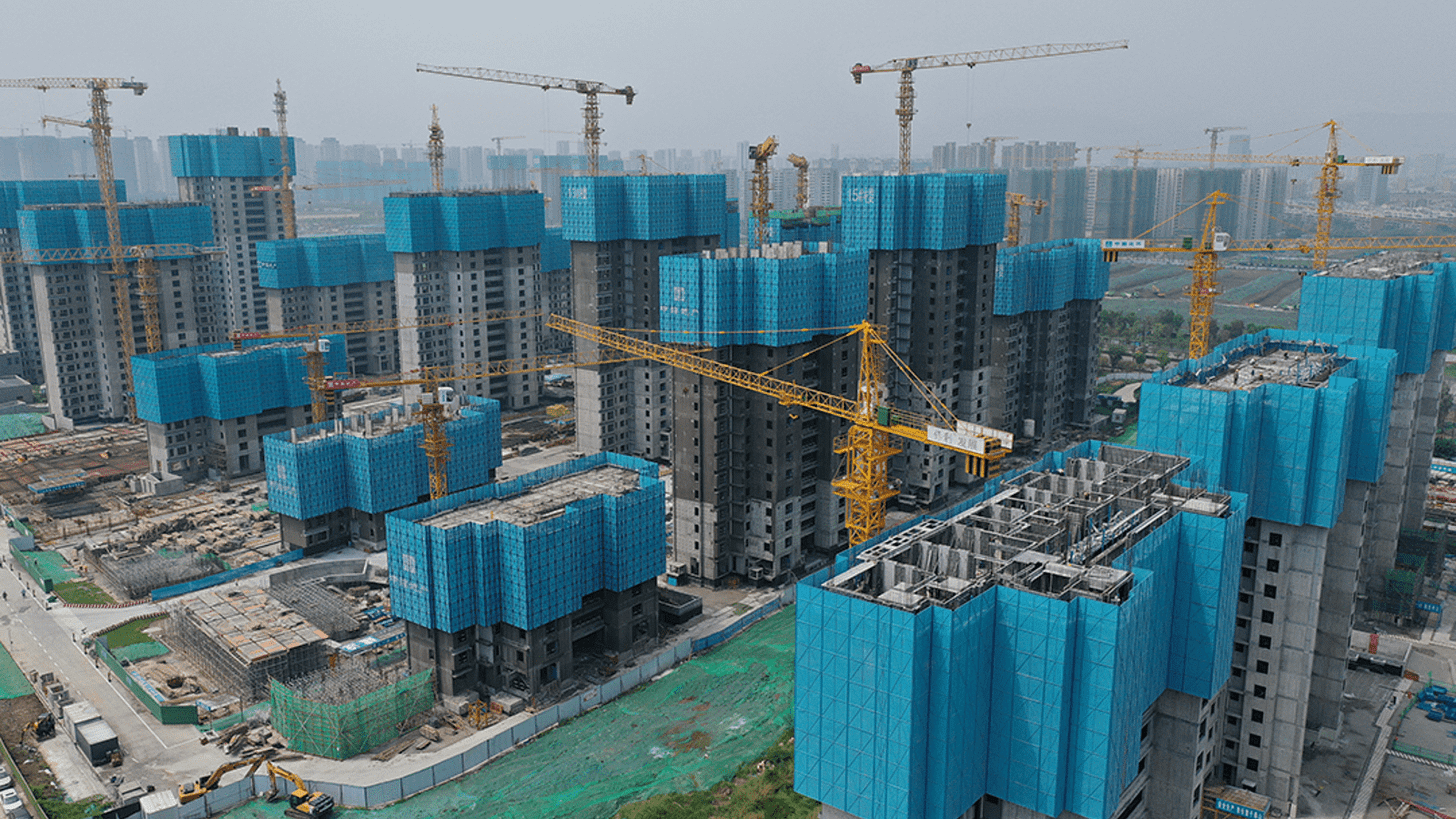Keeping an Eye on the Long Game: Part XCIX
Is there a Way to Push the Davidson Window to the Right & Shrink it?
Building off the last in the Long Game series from back in August, what are some of the non-military related things that might … just might … be a help in short circuiting the People’s Republic of China’s desired rise to global dominance?
The Economist has an article, Why China’s economy won’t be fixed, that has a few things to chew on.
The signs are that Mr Xi believes China must prepare for sustained economic and, potentially, military conflict with America. Today, therefore, he emphasises China’s pursuit of national greatness, security and resilience. He is willing to make material sacrifices to achieve those goals, and to the extent he wants growth, it must be “high quality”.
Yet even by Mr Xi’s criteria, the ccp’s decisions are flawed. The collapse of the zero-covid policy undermined Mr Xi’s prestige. The attack on tech firms has scared off entrepreneurs. Should China fall into persistent deflation because the authorities refuse to boost consumption, debts will rise in real value and weigh more heavily on the economy. Above all, unless the ccp continues to raise living standards, it will weaken its grip on power and limit its ability to match America.
Mounting policy failures therefore look less like a new, self-sacrificing focus on national security, than plain bad decision-making. They have coincided with Mr Xi’s centralisation of power and his replacement of technocrats with loyalists in top jobs. China used to tolerate debate about its economy, but today it cajoles analysts into fake optimism. Recently it has stopped publishing unflattering data on youth unemployment and consumer confidence. The top ranks of government still contain plenty of talent, but it is naive to expect a bureaucracy to produce rational analysis or inventive ideas when the message from the top is that loyalty matters above all. Instead, decisions are increasingly governed by an ideology that fuses a left-wing suspicion of rich entrepreneurs with a right-wing reluctance to hand money to the idle poor.
Centralized autocracy can be strong, but being so rigid and reliant on just a few people, it can also be incredibly brittle when hit with the unexpected consequences of its unchecked decision making processes.
…predictions about China have often betrayed wishful thinking. In the 2000s Western leaders mistakenly believed that trade, markets and growth would boost democracy and individual liberty. But China is now testing the reverse relationship: whether more autocracy damages the economy. The evidence is mounting that it does—and that after four decades of fast growth China is entering a period of disappointment.
The PRC will makes its own luck, but we can help blunt some of its advances - such as its push for rights in the island nations athwart the SLOCs from North America - and perhaps encourage those things that weaken it - like preventing their nationals and corporations from purchasing hard assets such as land, intellectual property, and laundering money inside our lifelines.
Weakness and disappointment might lead the PRC turn inward, or equally may have it lash out in a last gasp before its strength weakens.
Either way, if you hope and prepare for the former, you may wind up encouraging the latter.
If you desire peace and to avoid a great Pacific war west of the international date line, the best thing to do is to prepare to fight and win it.
A well prepared peace for a war that never comes is much less expensive than being poorly prepared for war that arrives unexpected.





We "might" be able to prepare for the military side of the fight (if we would build drydocks, fund ship maintenance, and turn away from the "wokeness" that is strangling recruitment) but how can we "prepare" for the economic side when 90% of our pharmaceuticals (and the ingredients therein) come from China. Or 80% of the rare earth metals that go into EVs, solar cells, storage batteries. Or the flow of intellectual; property when we "host" tens of thousands of Chinese students (that ain't here to major in Gender Studies, East African Art from the 1800s, or Comparative Women's Studies). Or have a porous border that costs us 1/2 of the DoD budget every year in giveaways. What do we do when 123 PRC ships "invade" an island/reef complex off the Philippine coast? Why we issue a stern warning, that 'll show them uppity Chinese we mean business!!
All in all, I think they have fewer socioeconomic problems that we do. Our border/debt/cancel culture/TDS/election SNAFUing/pendfing impeachment - pick one - all have the capacity to sink us before the first shot in anger with the PRC. They just need to bide their time, and keep building ships.
If the editors of the Economist looked beyond their offices near Charing Cross they would see a once great industrial nation that ruled a quarter of the world held together by a great navy now reduced to one and a half islands off the coast of Europe. I suspect the Chinese laugh in disbelief when they read the Economist.